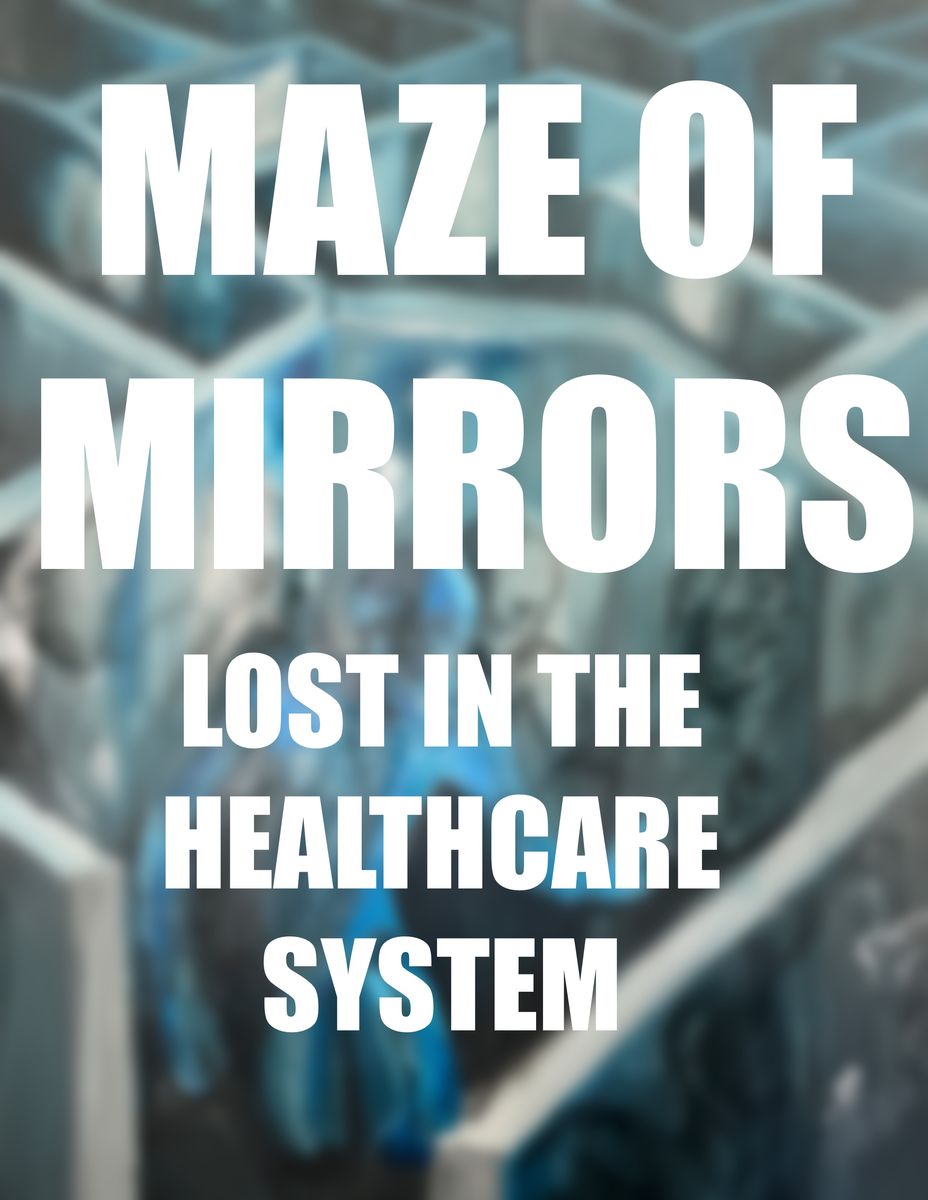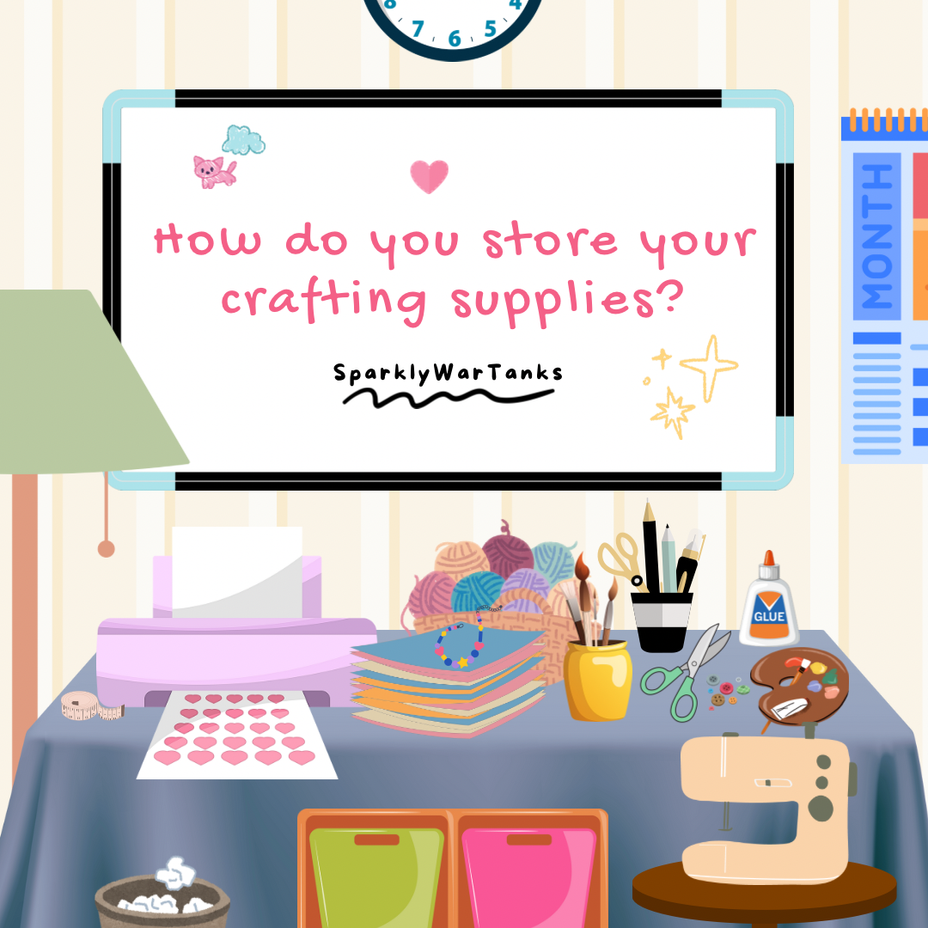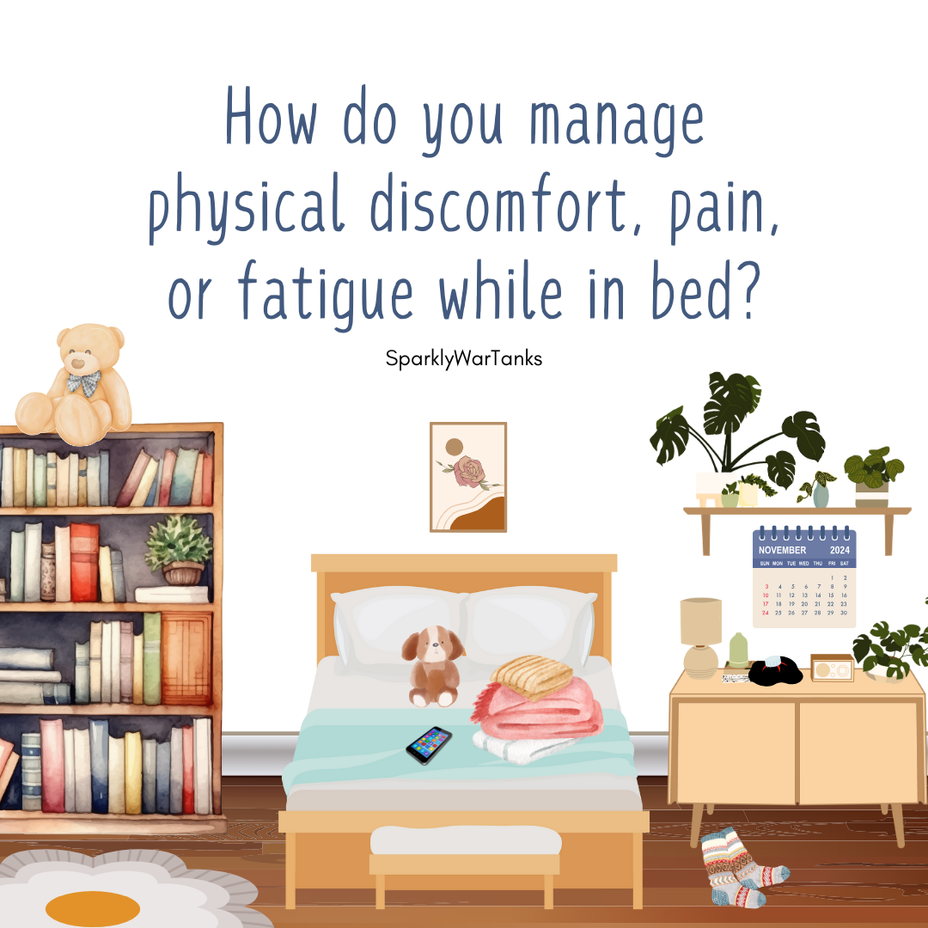CIRS has stolen the past few years from my life, subjecting me to more emotional and academic suffering than I could have ever imagined. Almost costing me my life, and requiring me to place my plans for college and my future on hold.
Despite all the medical procedures, appointments, suffering, supplements, and dietary changes, the most challenging aspect of being chronically ill at a young age, especially in college, has been the lack of support from my friends, peers, and the people around me.
Sitting alone day after day, wondering why most of my friends didn't text or check in. The friends from childhood and high school, who I didn't talk to as often, but had always promised to "have my back”; during tough times, were nowhere to be found.
Spending night after night alone and sick in bed, while my friends were out drinking almost 5 nights a week, “making college memories”; and not understanding why I was denied the good health that all other 20-year-olds around me got to enjoy, despite doing everything in my power to be healthy.
Seeing the photos of my friend group at games, parties, and dinners, I felt a surge of sadness. I was unable to attend any of those events or be in any of the pictures because I was so unwell. My empty space in the photos was an open wound; I’d often cry while scrolling through Instagram, feeling left out and forgotten, wondering when things would change, when I’d get better, and when I’d be strong enough to do all the things I so desperately wanted.
As my Illness progressed over the last two years, my friends disappeared.
My need for support increased, but the amount I received was subsequently decreased. Instead of offering to do things I could participate in, my friend group simply stopped including me in plans. Despite knowing I was too sick to participate anyway, the conscious choice to stop inviting me felt like the worst type of targeted abandonment, on top of everything else I believed I’d already lost.
As I slowly gained back my health and strength, it freed me to begin processing the way others had treated me the whole time I was unwell. When I was so sick and in so much pain, I couldn't use any mental energy. I was too consumed with "the physical", trying every second just to make it through the day.
At first, I questioned myself, wondering if I deserved the lack of support because I was so tied up in my own situation, that I wasn't able to be a “good friend”.
The lack of support continued… and as I finally began feeling healthy enough to participate in some things again I wanted nothing more than to make up for all the times I missed out, but still, my friends never invited me.
Despite going through so much and finally beginning to regain a sense of health and normalcy, I still felt as though I was in the same position as when I was at my lowest: sitting on the sidelines and watching everybody else live life.
I grappled with the same thoughts that I still struggle with to this day; If my friends truly cared about me, they would've reached out. If they truly missed me, they would've called. If they had felt like something was missing from the group because it wasn't there, they would've made an effort to include me. None of these were done. So where does that leave me?
I was left feeling hurt and shocked by a deeper absence of empathy than anticipated. I've read that one reason many people are grateful for their illness is that it's shown them who their true friends are. But what do you do when your illness proves you have almost no true friends?
This reality is something I'm attempting to reconcile with as I continue to move forward.
Until my illness struck, I was seemingly content with my friendships.
I hope I'm never so sick again that my friendships are never again tested that way, but I still don't know if I'll know whether future friendships are true or superficial. I'm still struggling to come to terms with the fact that this disease has cost me most of my friendships. I’m still struggling to overcome some of the hurtful comments said to me. I'm still struggling to accept that when I was deathly ill and close to losing my life, almost no one was there for me.
Through this, I've learned that people, especially at a young age, don't like or don't know how to talk about illness. Most seem to find these conversations uncomfortable, or scary, and it remains poorly misunderstood by the public. The lack of support I received has not just come from my friends but from doctors, the healthcare system, and universities.
I think it's hard for anyone to know how to respond in this situation, and I still try to believe that even though I've been let down, those people still care about me. I can honestly say that I wouldn’t have known how I would’ve responded had one of my friends been in my shoes.
This has allowed me to tap into my deep reserves of self-reliance and strength that I didn't even know I had.
Once I got over the shocking reality of my friend's inability to be there for me, I've mostly been able to make it through by relying on myself.
As much as it hurts at times (most times), it reminds me how much I’ve learned to love and respect myself.
Most importantly, it has taught me that speaking about tough topics like CIRS is incredibly difficult and can seem impossible. But what's the point of feeling like nobody understands you if you don't try to help people understand?
Of course, this comes with some moral "guidelines," yet I still believe that doing what you can to spread the word within your own comfort level is important. If you're reading this now, I know you understand, and I sincerely hope you find your strength to do the same.
#CIRS #MentalHealth #ChronicIllness #InvisibleIllness



